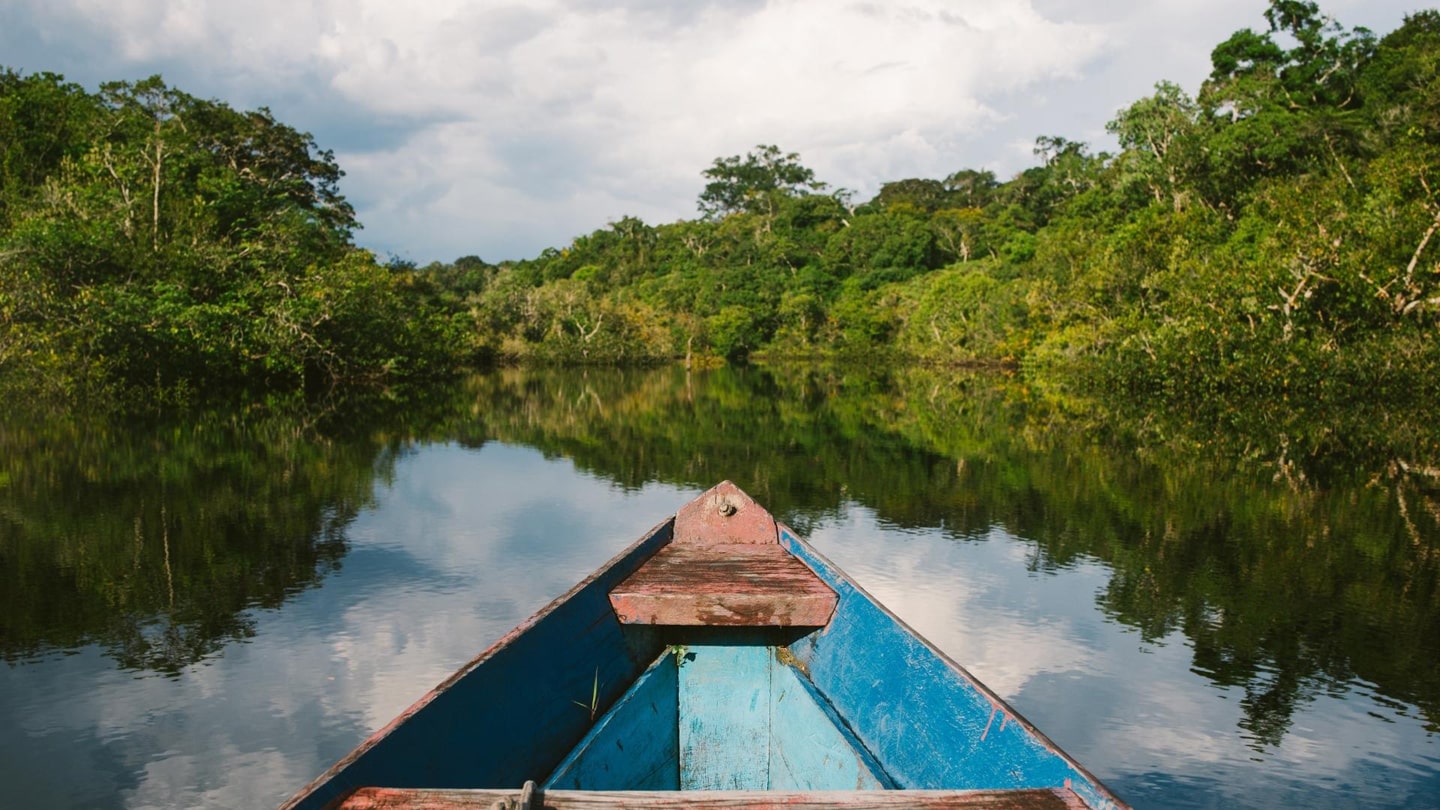Brazil is in a strong position to give its people a better life while also successfully confronting the threat of climate change, according to a new World Bank Group report.
The “Country Climate and Development Report for Brazil”, outlines that Brazil can become a global clean energy power and save the Amazon with a development plan that grows more food on less land and better protects the forests. Brazil can grow its economy and fight climate change with relatively modest investments in agriculture and deforestation, the energy sector, and cities and transport systems.
“Climate shocks could push between 800,000 and 3,000,000 Brazilians into extreme poverty as soon as 2030. It is crucial that Brazil accelerate investments towards a resilient and low carbon growth pathway,” said Johannes Zutt, World Bank Country Director for Brazil. “To take full advantage of its potential, Brazil would need net investments of 0.8 percent of its annual GDP each year between now and 2030.
The report highlights that Brazil is already in a strong position to source more renewable energy. Almost half of Brazil’s energy supply, including over 80 percent of its electricity, already comes from renewables, compared with world averages of between 15 and 27 percent.
Adding more clean energy would not be more expensive for Brazil than current plans to expand fossil fuel generation. An increase in investment for renewables would have higher upfront costs for power generation, transmission, and storage. But the report says these would be fully recouped by savings in fuel and operations costs. Likewise, a move in transport and industry to more electrification and green hydrogen, produced with wind and solar instead of gas, would not increase costs for the economy.
The report says Brazil has a big competitive advantage in the growing global market for greener goods and services. Its private sector is already competitive in several products required for moving away from fossil fuels, including those related to wind turbines and parts for electric motors and generators. Brazil could enter markets for solar power products, expand into green hydrogen, and profit from its major deposits of climate-relevant minerals.
 “The private sector can and should play a central role in the transition of the Brazilian economy towards a more resilient and decarbonized economy. The engagement from the private sector will be crucial to, among other aspects, finance the majority of capital investments needs for climate action, helping leverage climate finance and public spending,” said Carlos Leiria Pinto, IFC Brazil Country Manager.
“The private sector can and should play a central role in the transition of the Brazilian economy towards a more resilient and decarbonized economy. The engagement from the private sector will be crucial to, among other aspects, finance the majority of capital investments needs for climate action, helping leverage climate finance and public spending,” said Carlos Leiria Pinto, IFC Brazil Country Manager.
“But for that to happen, we need an enabling business environment and public support to attract private investors and accelerate innovation.”
The report says the Amazon rainforest, nearing a tipping point with potentially drastic consequences for Brazil’s people in areas such as agriculture, urban water supply, flood mitigation, and hydropower, can be saved with a development plan that better coordinates the needs of agriculture with preserving the forest. This plan could remove the incentives for the Amazon’s destruction while protecting jobs and ensuring food security. Investments to boost agricultural productivity could make it more resilient and sustainable. These investments could provide technical assistance and extension services, including investments from the private sector, as well as reforms to the rural credit program and improvements in irrigation.
Spending will also be needed to facilitate the transition of workers and asset owners to greener sectors, including compensation for the early retirement of carbon emitting assets. Still, according to the Brazil CCDR, these investment needs will be largely compensated by economic savings, in the form of avoided energy spending or reduced congestion or air pollution.
Overall, total economic costs of the resilient and net-zero pathway proposed in the Brazil CCDR are about 0.5 percent of GDP, without accounting for the domestic and global benefits from avoided climate change impacts and the economic and non-economic benefits from preserving the unique biodiversity and ecosystem services offered by native forests.
Source: World Bank



